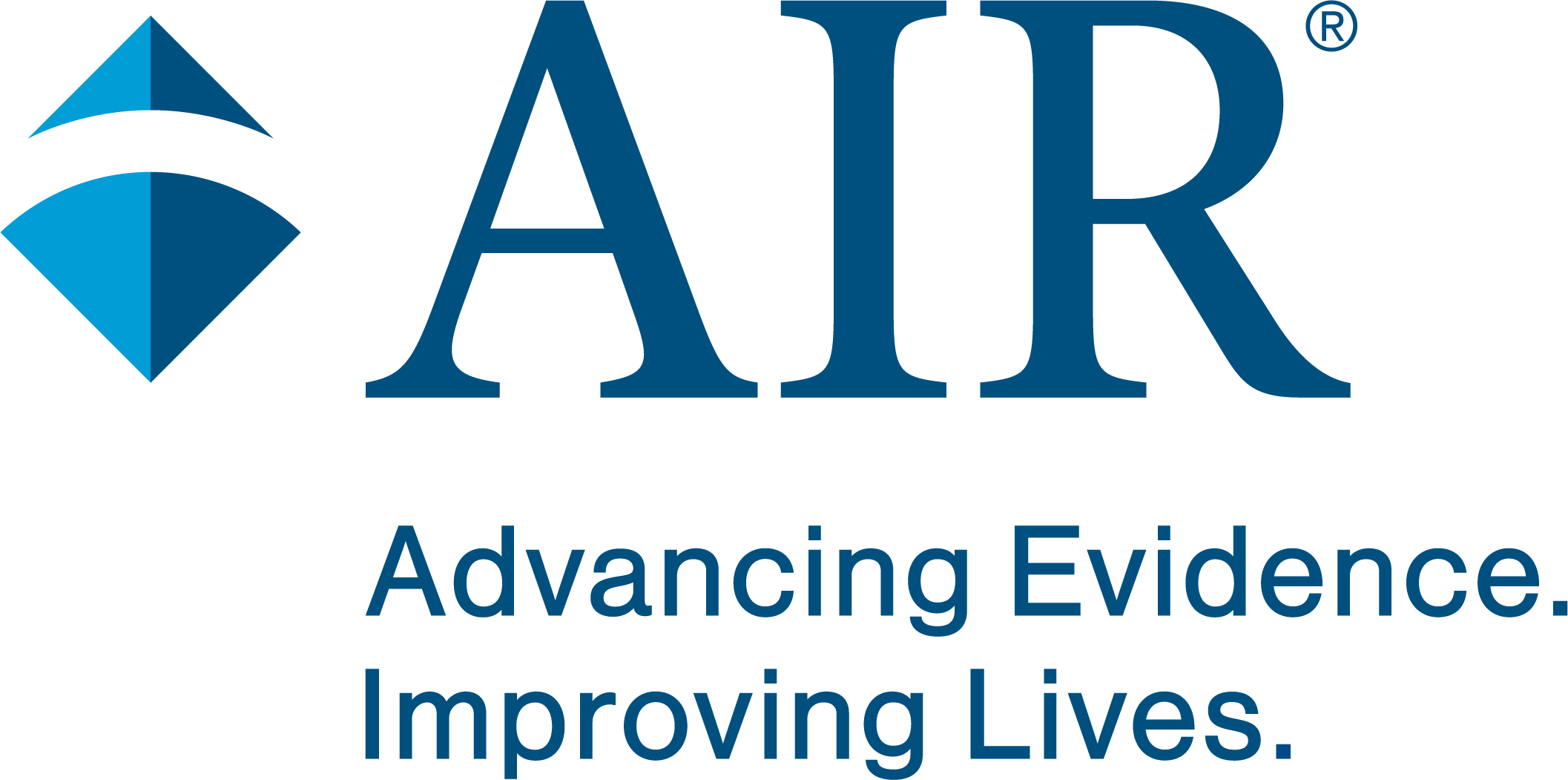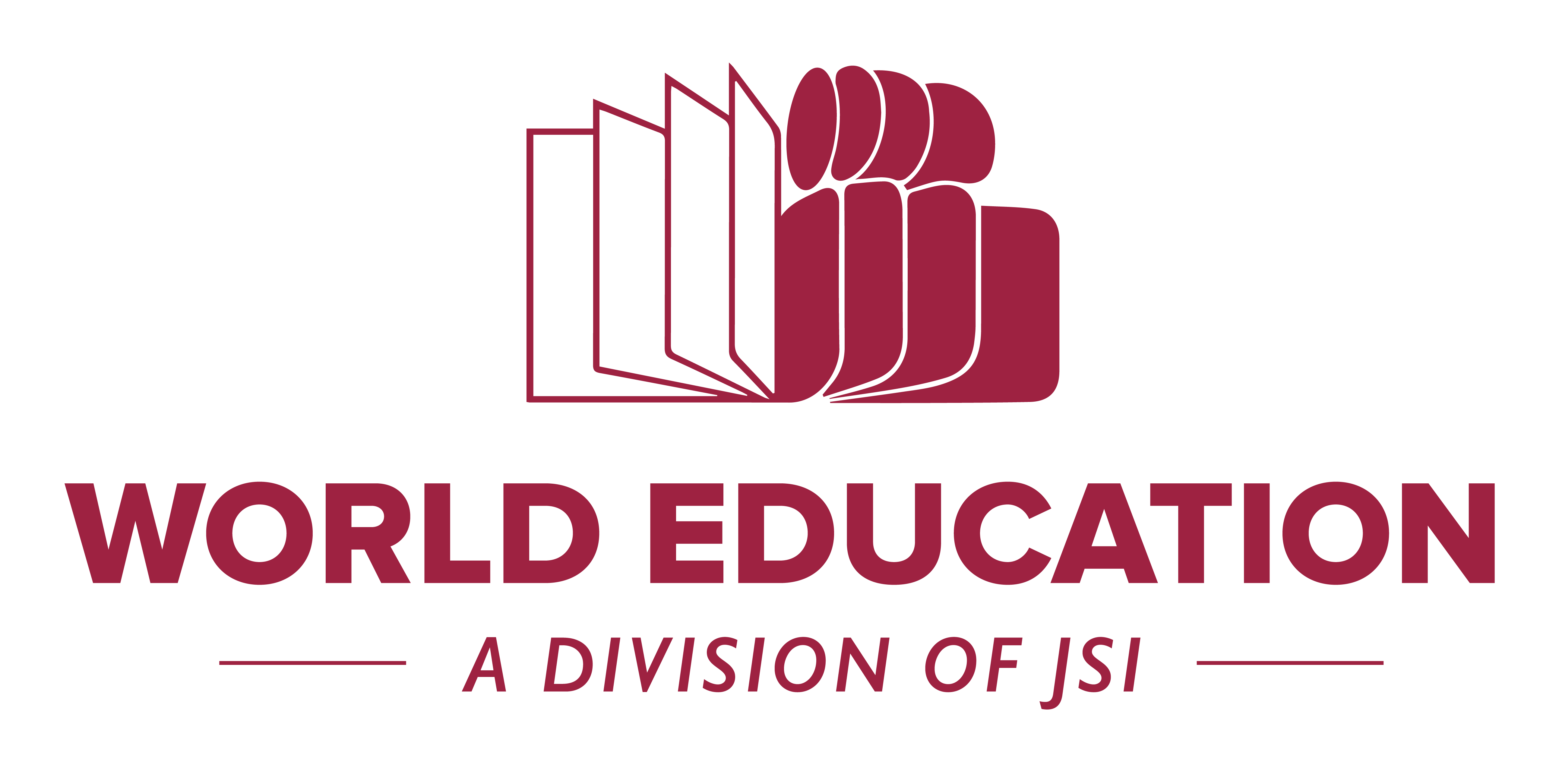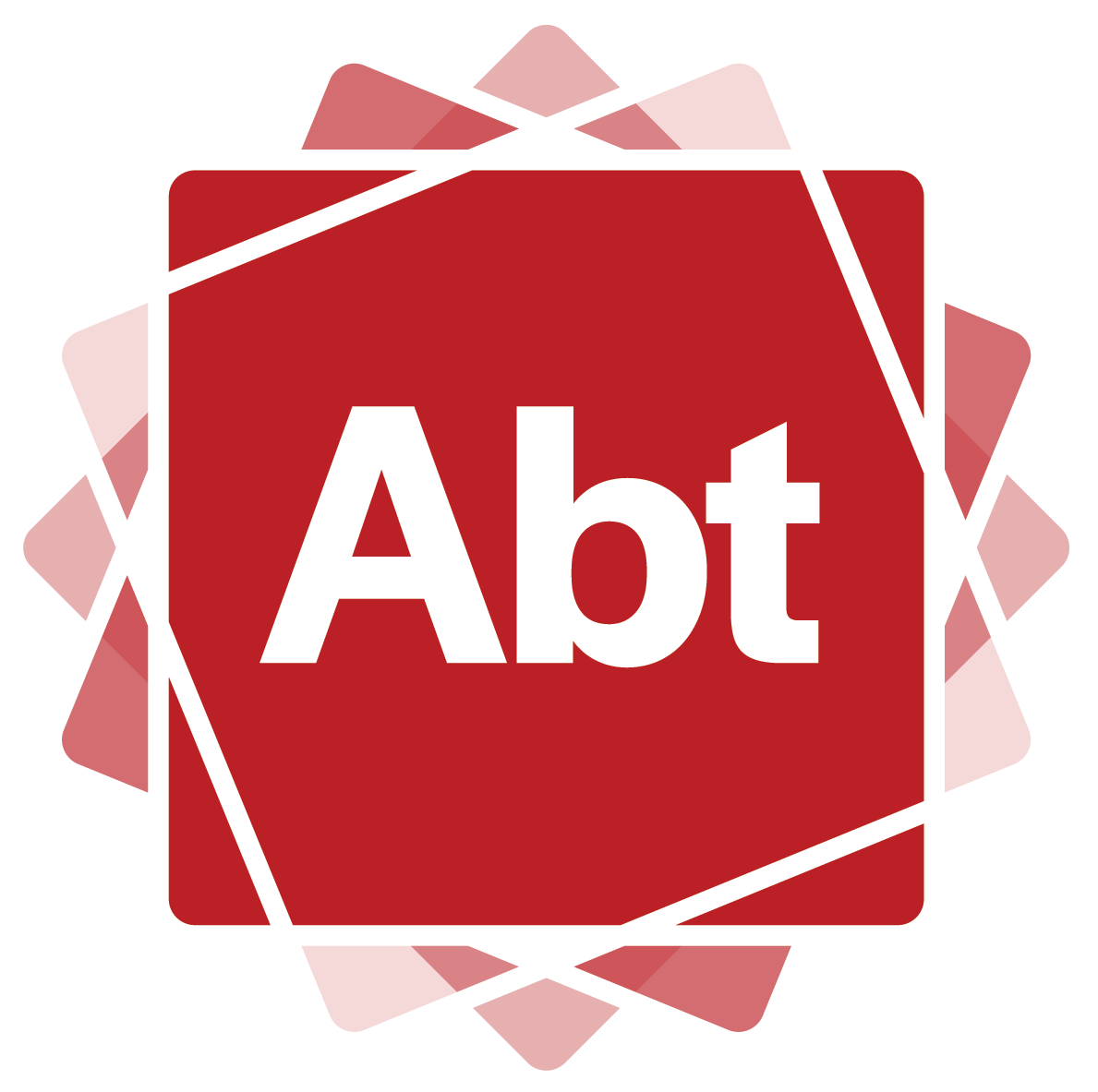Displaying results 1 - 10 of 36
Resource
Utility value of improving writing skills for adult basic education students
Posted on
Description
Motivational research identifies utility value, or the importance of a learning task to future goals, as central to motivation to learn. This study analyzed survey data (N = 86) collected from adult literacy learners to examine their utility value of writing improvement in grammar and spelling skills, word processing skills, and planning, drafting, and revising skills. Findings revealed that participants had a high utility value of improving writing in all three skill areas and possessed a variety of underlying motivations, including obtaining further education, seeking future employment, and personal reasons. Participants' age, educational attainment, and reading levels showed relationships with utility value of improving grammar and spelling skills, and age showed an additional relationship to utility value of improving word processing skills. This work extends research on motivation in this population and supports the application of expectancy-value theory to both adult motivation and writing motivation. A free video is available on the utility value of improving writing skills for adult basic education students on this page. A subscription or one-time payment is required access this full publication from the Writing in Adult Secondary Education Classes team.
Resource
Developing digital proficiencies of English learners in adult education
Posted on
Description
All around the globe, the development of digital skills is considered a priority because individuals are increasingly asked to interact with digital information. Digital literacy is required to communicate effectively and accomplish social and work-related tasks. Although there is a significant body of literature on the development of digital proficiencies in educational settings from elementary school to university, there is limited research with adults who are continuing their education later in life, usually outside of formal educational systems.
The purpose of this paper is to report results from a study conducted with English learners in an adult education program in the U.S. The study evaluated the digital component of a new curriculum named CILIA-T (Content-Integrated Language Instruction for Adults with Technology Support), CILIA-T is a 16-module curriculum supporting adult learners to build their English skills, US History and Civics knowledge and digital proficiencies.
Resource
Current Assessment Needs in Adult Education and Workforce Development
Posted on
Description
The present report summarizes the research conducted through focus groups, literature reviews, and listening sessions to understand and document the specific assessment needs in adult education and workforce development.
(November 2023)
Resource
Assessing the Dimensionality of O*NET Cognitive Ability Ratings Across Job Zones
Posted on
Description
The present report analyzes the US Department of Labor’s Occupational Information Network (O*NET) data, revealing social skills, reasoning skills, and verbal skills are important for success across different types of jobs.
(February 2024)
Resource
Texas Standards 2.0 Webinar
Posted on
Description
Webinar recorded on 11/3/2021 for the UMass ASAP project. Here, presenters Maria Elena Oliveri, Karl Haigler, and Anson Green provide an explanation of how the Texas 2.0 adult education/workforce development standards were created. These standards bridged adult education and job training programs using the O*NET job classification system. More info about the Texas Standards 2.0 project, including the Standards themselves, is available here.
(November 2021)
Resource
Assessment Resources in Adult Education and Workforce Development
Posted on
Description
As part of ASAP we reviewed the literature and practices in adult education and workforce development to compile information on existing assessments and related resources. We plan to periodically update this compilation, so feedback on the structure, content, and organization of the compilation is welcome, as are suggestions for resources not yet included (asap@umass.edu).
(September 2022)
Resource
Defining and Assessing Literacy and Numeracy Skills for 21st Century Adult Learners: A Summary of Research and Practice
Posted on
Description
Numerous definitions of literacy and numeracy have been developed to date. In this report, we summarized and analyzed 20 definitions of literacy and numeracy. These definitions often respond to specific stakeholders’ goals and agendas. In this paper, however, we do not aim to provide an integrated definition of literacy and numeracy for all people in all places. Instead, we believe operational definitions of constructs as relevant as literacy and numeracy must respond to specific needs given at a specific moment.
(September 2022)
Resource
Working Bibliography of Culturally Sustaining and Anti-Racist Assessment Resources
Posted on
Description
Consistent with ASAP’s assessment principles of offering a justice-oriented, antiracist approach, we prepared a working bibliography of culturally sustaining and anti-racist assessment resources. We plan to periodically update this bibliography, so feedback on the structure, content, and organization of the bibliography is welcome, as are suggestions for resources not yet included (asap@umass.edu).
(January 2023)
Resource
Numeracy Education for Adult Learners: A Scan of the Field
Posted on
Description
The brief provides a comprehensive picture of the adult numeracy education landscape and key factors impacting adult numeracy learning and technology use to inform further research and support the development of an ANDE course and related professional development.
Resource
Insights Into Adult Education: A Need for Flexibility and Innovation
Posted on
Description
In this blog post, Carnegie Math Pathways and their research partners share their interactions with adult learners and instructors, and their initial exploratory research into adult numeracy and digital literacy—providing critical insights into ways that the adult education field demands more flexible and creative research and development solutions that account for the realities of adult education.






